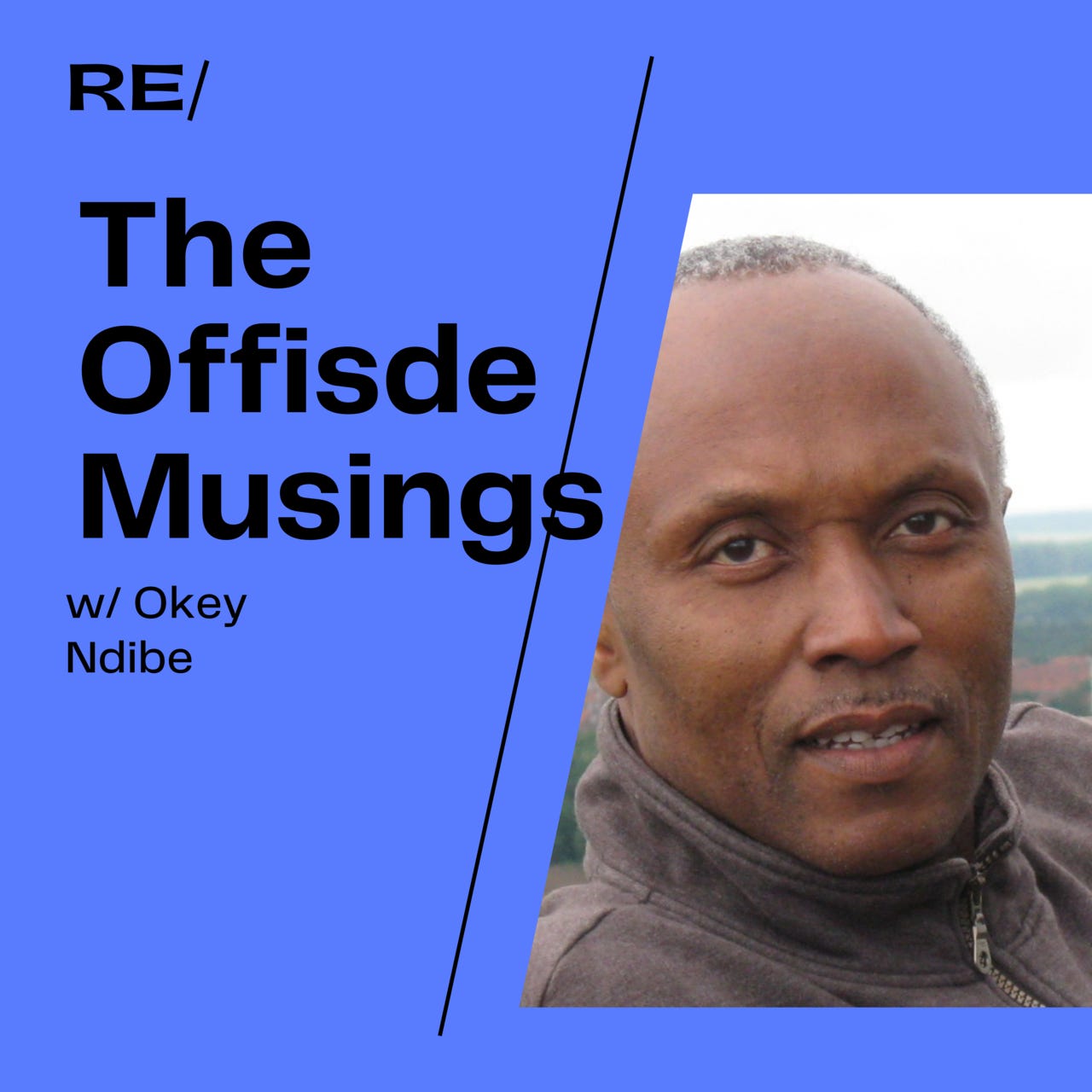It’s silly to think that Nigeria’s maladies are the product of any one individual, or even a group of people. No, the country’s crises are deep-rooted and systemic. For decades, Nigerians permitted themselves to be wedded to ineptitude, sectarian fanaticism, ethnic jingoism, corruption, buffoonish self-aggrandizement, and mediocrity. The longstanding commitment to these unsavory values has had a catastrophic footprint. Over time, our bad habits congealed into a horrendous endemic culture. What’s worse, that culture is self-perpetuating. It fertilizes dysfunction and disaster. Further, it guarantees that our expectations are perennially low—and that we continually fail to master even our most middling challenges.

There’s good reason I have taken time to underscore the structural nature of Nigeria’s malaise. Owing to the title of my column, I run the risk of leaving the impression that Godswill Akpabio, the President of Nigeria’s Senate, is a uniquely sinister bad actor within an otherwise wholesome machinery. The reality is that he’s no better or worse than the next man (or woman) posturing at being a leader in Nigeria.
Even so, in any given epoch in Nigeria’s unfurling tragedy, one or two figures rise in prominence and strike the public as epitomizing the abject state of the Nigerian polity. Akpabio—who, prior to his current perch, was the governor of Akwa Ibom State—has seemed eager to seize that dubious mantle. In the tense time of Tinubu’s presidency, Akpabio, more than most, has come to represent a feckless, disconnected, vain and tone-deaf posture.

When I describe the present time in Nigeria as tense, I’m being tame. Apart from besieged Biafrans during Nigeria’s civil war, I doubt that Nigerians have ever witnessed anything approaching the present scale of destitution. Within days of assuming office, Tinubu announced policies that cast millions more Nigerians into poverty. The rate of inflation—especially for food and other everyday consumables—has gone off the charts.
More and more Nigerians can’t find food to eat. Here's an anecdote that illustrates how bleak the condition is. A couple of weeks ago, a relative of mine lost his father. A few days later, this bereaved young man—who had shown no signs of illness—died unexpectedly. One relative’s conjecture was this: the uphill task of finding the money to bury his father precipitated the guy’s death. Such stories, of deaths propelled by grave financial anxiety, are becoming more commonplace.
You might think that a more attuned and humane head of the Nigerian Senate would occupy himself with finding legislative means to cushion his fellow citizens’ grim privation. Not Akpabio. The man appears too busy living it up to spare a thought for the travails of those hapless beings called “ordinary Nigerians.” Nigerians may be reduced to eating their fingernails, but their number one senator is not about to shave off any perks or preferment.
Akpabio gallivants about in a convoy of cars that would impress many a president of a wealthy European or Asian nation. Early in his tenure, while Nigerians seethed and groaned, Akpabio told his colleagues—in coded language—that envelopes containing handsome wads of cash had been put in their cubicles to enable them to have a good time.
When he allowed himself to think for a fleeting moment about the tribulations of Nigerians, it became an occasion for macabre comedy. He led his colleagues, the lot of them howling in mocking laughter, to approve a resolution to, quote, “allow the poor breathe.” Consider that: Senator Akpabio’s entire response to festering poverty in his bedeviled country was to fashion the plight of the dispossessed into a callous, soulless joke!
Despite the economic devastation plaguing Nigeria, the senator elected to mark his 61st birthday in senseless style, with tasteless grandeur and shocking opulence. He stuffed a stadium in his home state with thousands of people who gawked in awe and even cheered as he shamelessly displayed the accouterments and paraphernalia of alienated power.
So strong is Akpabio’s penchant for showiness and trite speech that not even the solemn occasion of a funeral would temper him. He brought his puerile game to the funeral for threesome of Herbert Wigwe, his wife and son who perished in a helicopter crash in the US. Moved by the enormity of the tragedy, Governor Siminalayi Fubara of Rivers State gave a reasoned, heartfelt speech, challenging fellow politicians to ponder why they often resort to extraordinary means, including violence, in their pursuit of power. Fubara’s reflections struck a chord with the audience. Trust Akpabio to bring everything back to a pedestrian level. When he rose to speak, he dishonored an excellent speech and besmirched himself by asking Governor to quit if he didn’t the point of fighting for power!

Under Akpabio, the national legislature has cemented a trend of being subservient to the executive arm, rather than its equal and overseer. There’s nothing Tinubu wants, licit or illicit, that he cannot count on the senator delivering to him.
That Akpabio is embroiled in a scandal related to the padding the national budget is hardly surprising. Those who style themselves leaders in Nigeria are, above all, in the business of serving themselves, gorging themselves at the expense of the people. In a perverse sense, Akpabio and his ilk, who feed fat on the misery of others, would be out of “moral” compliance if they did not pad budgets and funnel huge sums into their pockets. Budget padding did not start with Akpabio. It would never occur to Akpabio, a man with a clear preference for exhibitionism over substance, to curb much less end budget padding. He would not impress him that Nigeria is earning less and less money, and or that the ranks of the poor are swelling.

Nigeria’s wretched of the earth are unimportant—even invisible—to men like Akpabio and Tinubu. Except, of course, that the Akpabios of our world—who dominate Nigeria’s pool of “leaders”—often need the hoi polloi on hand. They desire to be hailed by those they dispossess and disinherit. And they crave an audience to dazzle with the material possessions they accumulate with primitive zeal.
This will go on until the emasculated masses say, no more!








